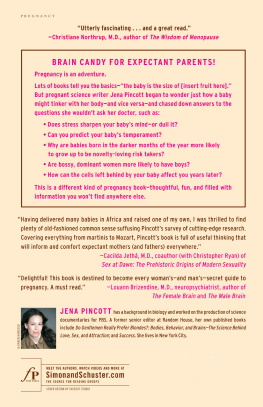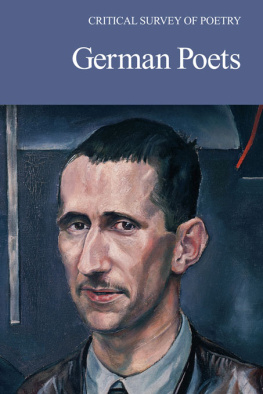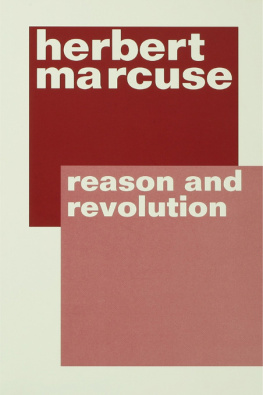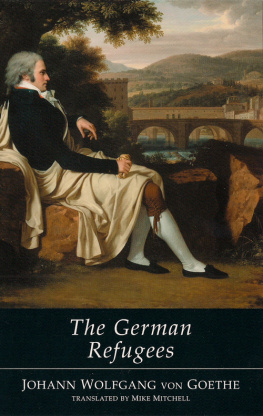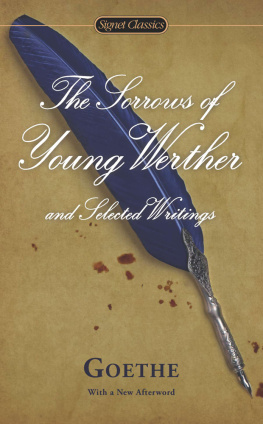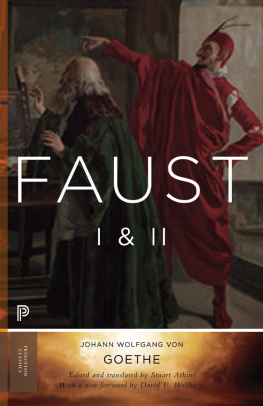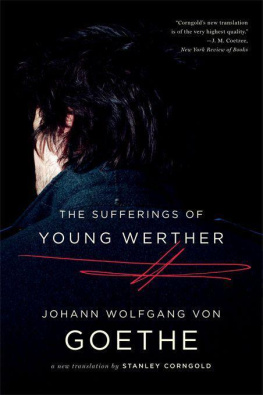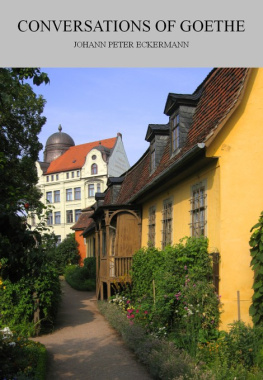Contents
Guide
Pagebreaks of the print version
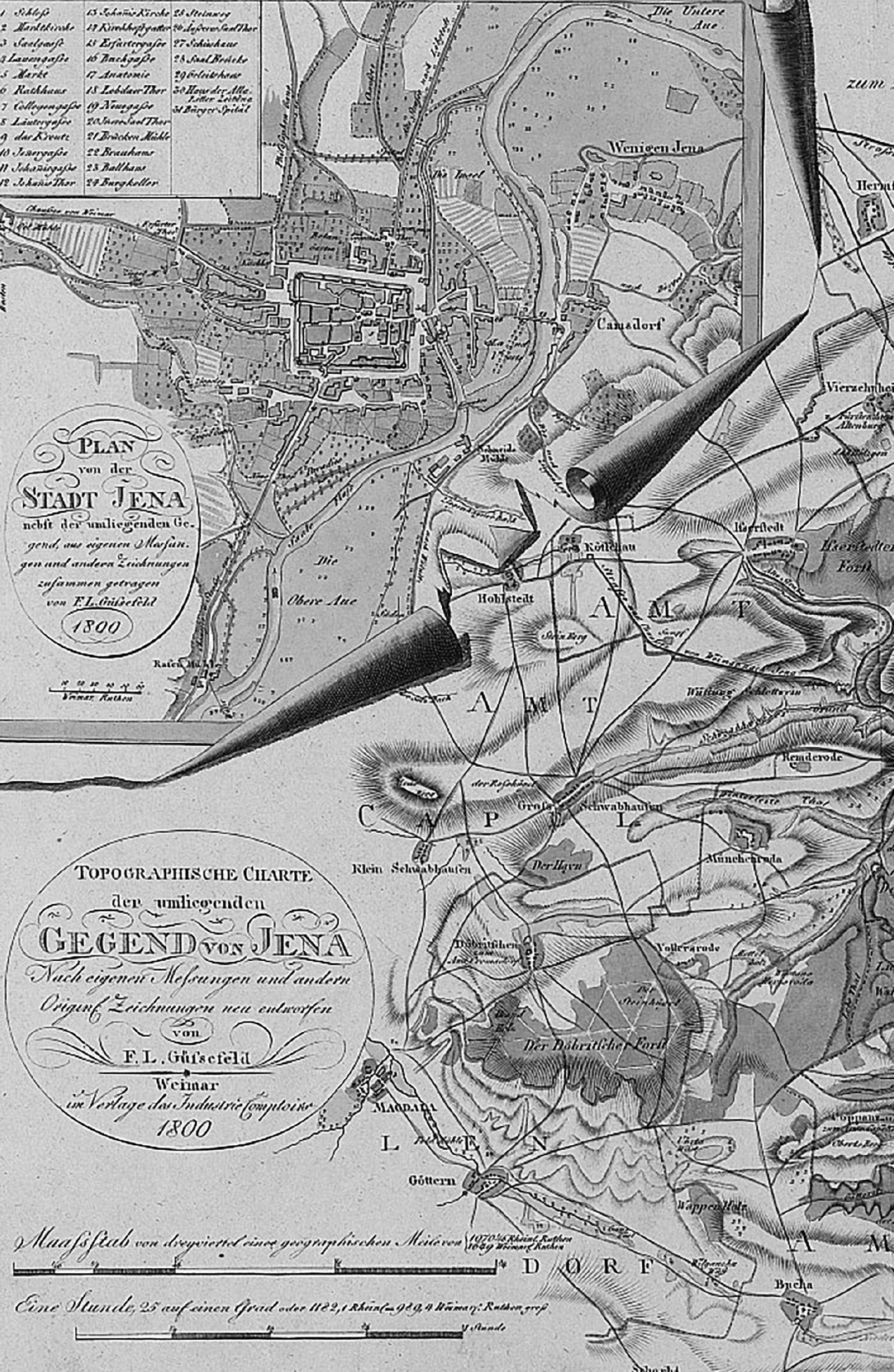

The author and publisher have provided this e-book to you for your personal use only. You may not make this e-book publicly available in any way. Copyright infringement is against the law. If you believe the copy of this e-book you are reading infringes on the authors copyright, please notify the publisher at: us.macmillanusa.com/piracy.
The earth shuddered and the windowpanes clattered as muffled yet unmistakable cannon booms reverberated throughout the city. The attack was coming from the south. An overpowering blast was followed by a weaker one, and then, little by little, the staccato blasts escalated into a constant roar, as though entire batteries were being shot off. The Prussian outposts at Maua and Winzerla had already been captured, and the other troops had retreated to the north.
People lay on their beds, fully clad and alert. The dead silence in the city could be shattered at any moment by a fire alarm or clanging bells. Most residents stayed in their homes, quietly peeking out from time to time and listening fearfully for what might lie ahead.
Shots from French patrol units would soon echo through the narrow streets, and the townspeople would be exposed to a whole new world, to scenes they would never have thought possible. Students used to hearing lectures about logic and metaphysics, debating the merits of one philosophical system or another, and discussing literature, art, history, and the philosophy of nature, awoke to the sounds and sights of famished, torch-bearing soldiers prowling the streets in the early morning hours on October 13, 1806. Only those who kept their composure, had a reasonably good command of French, and refrained from hostile action would be spared the pillage and looting. Even so, jeering and rampaging filled the air. Most of the houses had been looted by ten in the morning: money, gold watches, silverware were gone. Wine, tooand there was more than enough wine in the area. Ouvrez la porte! All who did not comply voluntarily had their doors pried open on the spot. The people knew not to open their shutters. The soldiers stopped at nothing, and would smash windows to gain access; they simply hoisted themselves up, and in they went.
By noon, accompanied by military marches and headed up by generals and officers crowned with tall plumes, stately and elegant, the first regular troops had moved in through the Neutor in the south and begun to restore order. As the streets grew calm again, the local ragpickers, riffraff, and con artists laid claim to anything the French left behind in the houses. But this sense of calm was deceptive. At a time of uncertainty and fear, with world history and world spirit on a collision course, there was no telling how things would develop. War was in the air. And war would come indeed. All would be decided in Jena.
It was early evening. Normally, all the residents of Leutragasse 5 spent many hours secluded in their rooms, working and writing, but as the day drew to a close, the brothers Friedrich (Fritz) and August Wilhelm Schlegel (Wilhelm), Caroline Schlegel, Dorothea Veit, Friedrich Wilhelm Joseph Schelling, Friedrich von Hardenberg (Novalis), and Ludwig Tieck gathered around the small sofa in the parlor, right next to the stove. Tea was served, along with cheese, pickled herring, and potatoes, all leftovers from lunch. Schelling kept reaching into the pickle jar. The household savings were nearly depleted; not much money was flowing in from the occupants writing. But financial matters were of lesser importance to them that night; they dined, philosophized, and studied Italian. That evening, Dante was on the agenda, La Divina Commedia, in which Fritz was well versed. When he recited Dante, his eyes lit up; his well-proportioned facial features, of late generally strained and furrowed as he struggled to make progress on the second part of his novel Lucinde, relaxed and smoothed out. While reciting, he practically forgot about the need to eat.
While Lucinde awaited its continuationthe first part had been published half a year earlier, at Eastertime in 1799 Schelling labored over a long poem about nature. He set out to write the most poetic of all poems, one with no quality more particular than that, or at least nothing that stood out as particular; he was aiming for a singular, didactic poem, a speculative epic, with absolute form as its only content. He worked on it in solitude. But this was Jena, and Jena was too small for someone to get lost in his own thoughts and go unnoticed. Everyone there knew what Schelling was up to.
His First Outline of a System of the Philosophy of Nature had recently been published, and Schellings name was on everybodys lips. The publication had been fiercely attacked in literary journals, while the students in Jena lay at his feet. Schelling rubbed people the wrong way, mostly kept to himself, and remained an enigma even to his friends. Watching him eat his soup at lunchtime, bent over the table, one might easily imagine he was a military commander, perhaps a French general, but not a great philosopher. Schelling didnt quite fit into the world of teaching, nor was he a good match for the literary sphere. Caroline came to describe him as true granite.
Caroline was the one person receptive to his nature. She was quite taken with him, and he with her, although she was almost twelve years his senior. Just recently, in secret, he had dazzled her by slipping a black feather onto her hat. A black feather signified enchantment, magic, mystery. Schelling flirted with her so shamelessly, right in front of the group, that Novalis, observing the spectacle out of the corner of his eye, saw the pitch-black storm clouds of a scandal forming. Something about him fascinated herperhaps his aloofness, perhaps his originality. When they were together, a quarrel would ensue in no more than six minutes. He was far and away the most interesting person she had come across since August Wilhelm Schlegelthat is, Wilhelm, her husband.
Wilhelm and Caroline, as was well known around town and at home, took a dim view of the holy sacrament of marriage. They lived together more like good friends than people who had promised to be faithful to each other forever. By this point their marriage was evidently only on paper. Caroline didnt care what the townspeople were saying. They could gossip all they wanted; she was used to it.
Caroline played the poised hostess while Schelling beguiled her and Wilhelm flirted with Dorothea, who lived with his brother Fritz. It was all a big jumble. Tieck, for one, considered the whole thing a complete farce. But no one wanted to say a word about it, including Tieck himself. With the world around them caving in a little bit more with each passing day, they needed to stick together at least there, in their inner circle.
The revolution was over; Napoleon Bonaparte had ended it. By means of a clever coup he had propelled himself to the top of the fledgling republic, and now, as first consul in Paris, he wielded power throughout France. The Ancien Rgime was a thing of the past. Pius VI, the pope in Rome, had breathed his last; held prisoner in the citadel of Valence since February 1798, when French troops occupied the Papal States, he died there in captivity. Without a doubt, a turning point had arrived. The power of the papacy, which had maintained stability in Europe over the course of centuries, had come to an end. Never had the future been so uncertain; it seemed invariably consigned to the past before it even arrived. Time had been divided into a before and an after.



